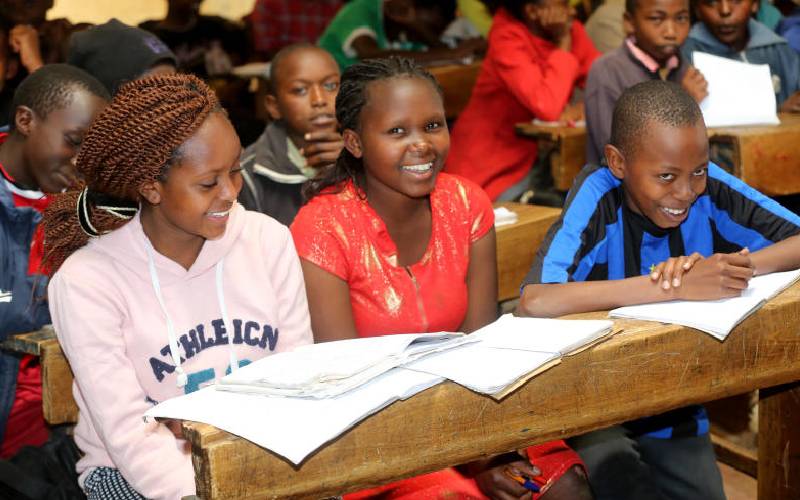×
The Standard e-Paper
Fearless, Trusted News

Pupils of Jacaranda Primary school in Bahati constituency in Nakuru at one of the classrooms on August 16, 2018, during the holiday tuition. [Kipsang Joseph, Standard]
In 1957, Ali Muhsin, Zanzibar’s Minister of Education appointed a Commission of Inquiry to understand why Indian and Comorian students in Zanzibar were outperforming African, Swahili and Arab students in national exams.